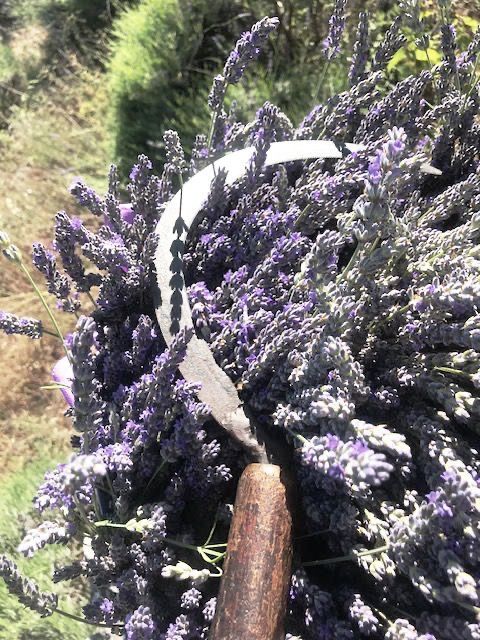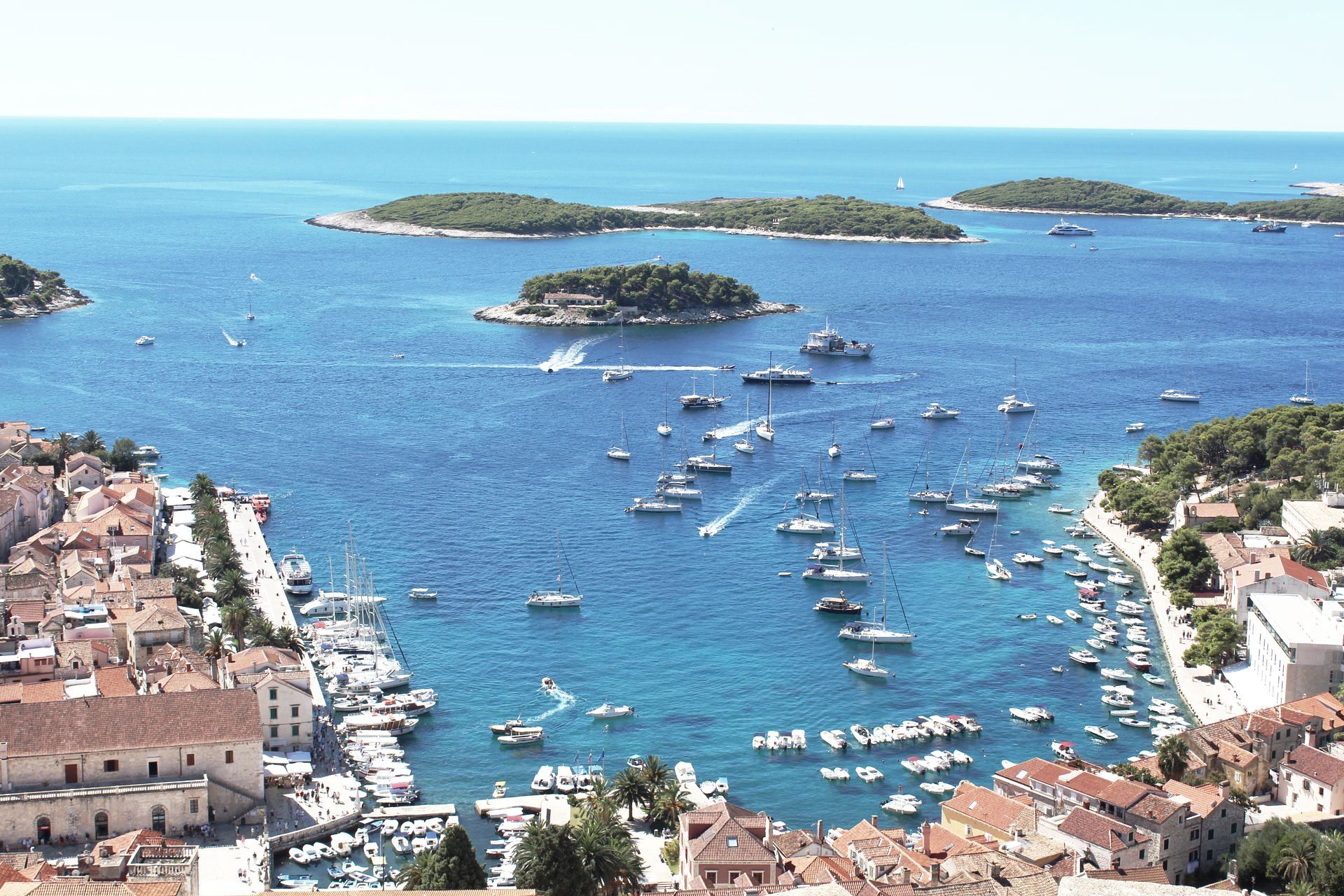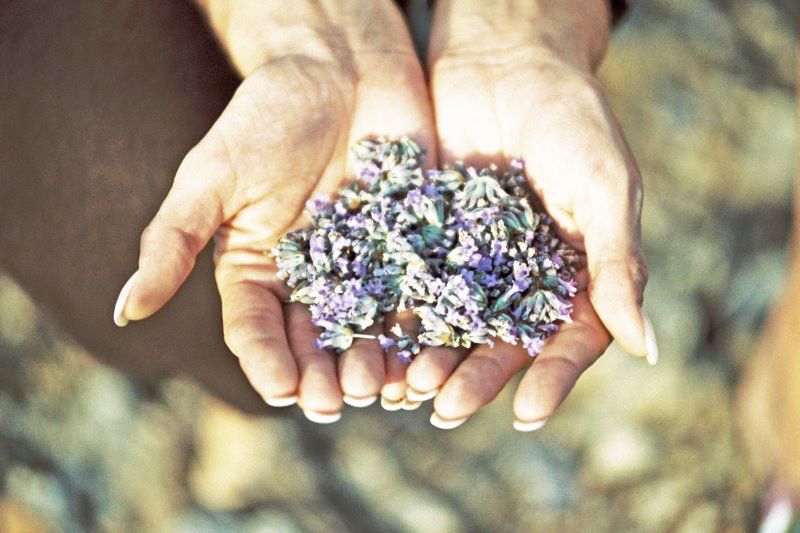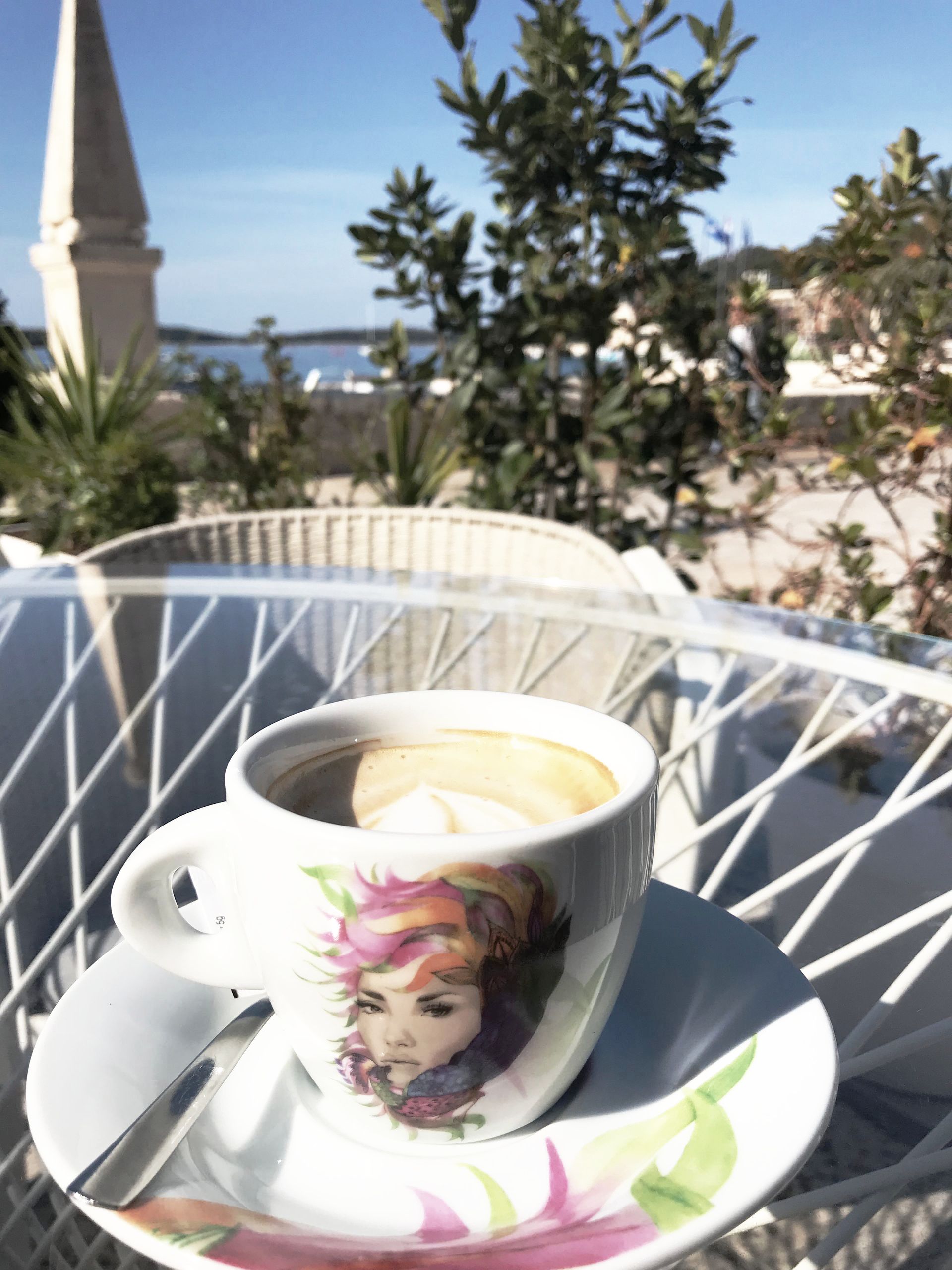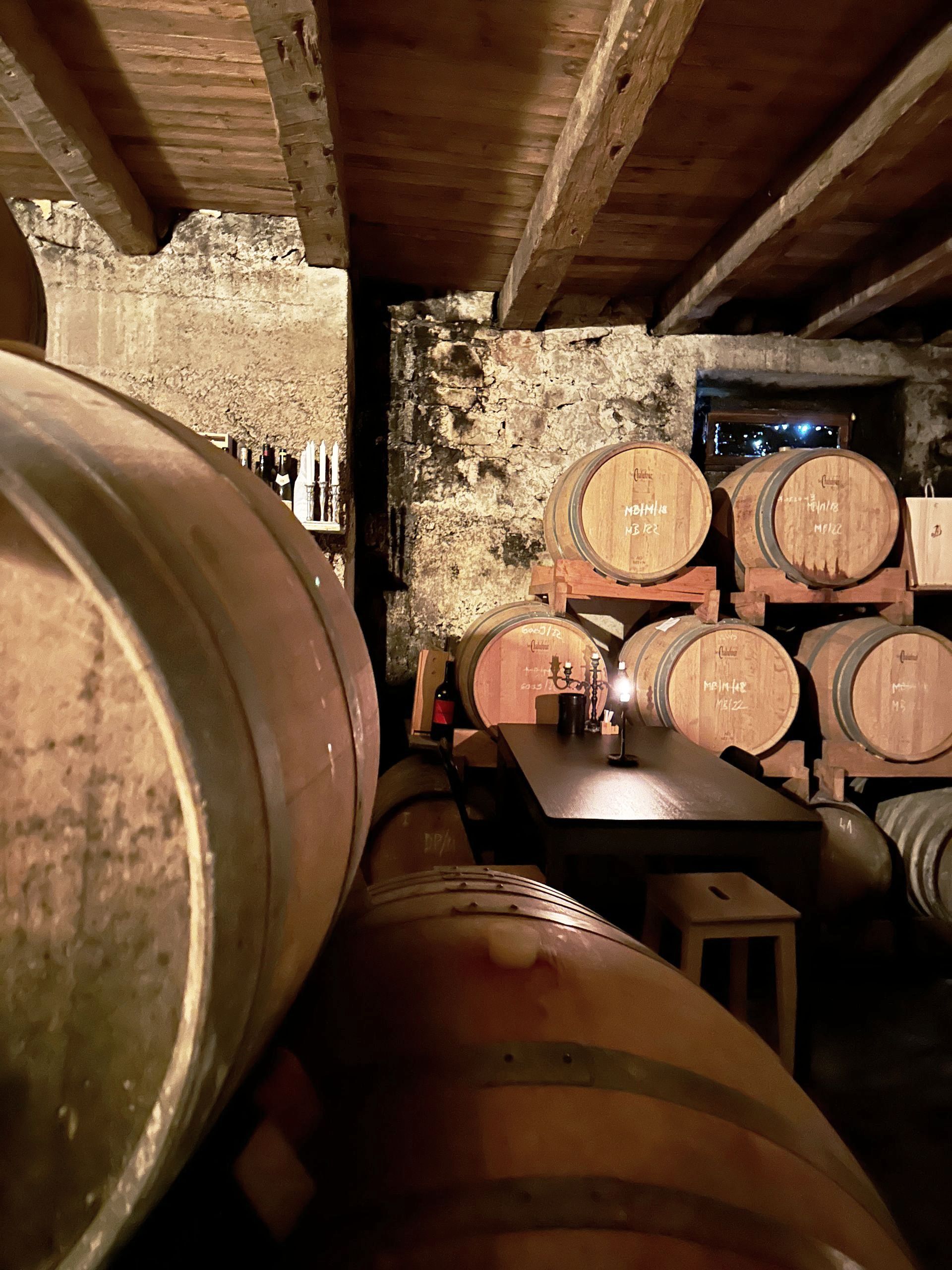Experience the rich flavors of Hvar’s sardines, a true Mediterranean delicacy. Freshly caught in the Adriatic, these nutrient-rich fish are a staple of local cuisine, grilled to perfection or preserved in olive oil. Taste authentic Hvar seafood and savor the island’s tradition with every bite!
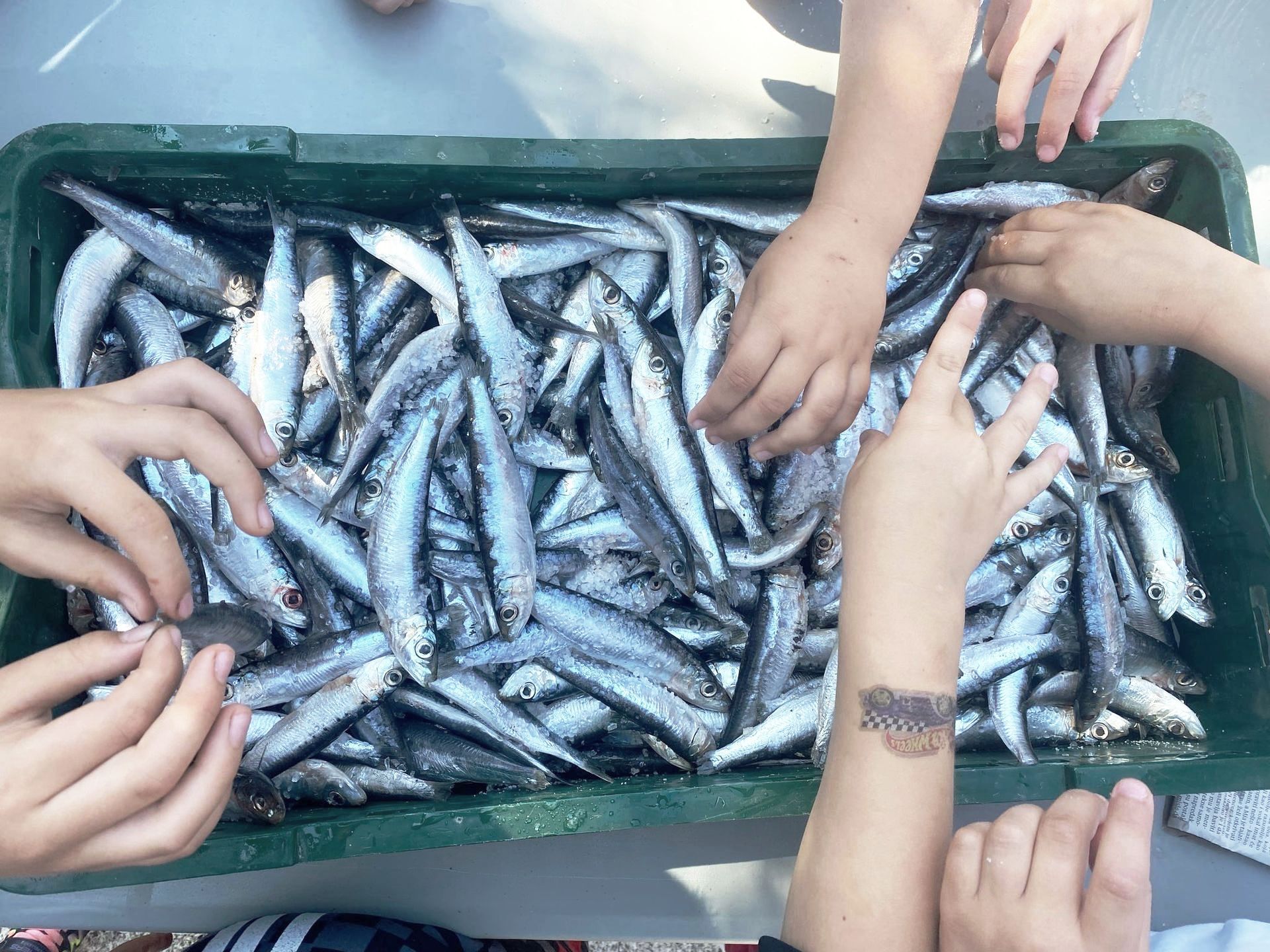
For centuries, sardines have been a vital part of life on Hvar, sustaining families, shaping traditions, and defining the island’s coastal heritage.
Sardines have been a staple of Hvar’s cuisine and culture for centuries, deeply intertwined with the island’s way of life.
As one of the oldest fishing communities in the Adriatic, Hvar’s people have relied on the bountiful sea to sustain them through generations. Sardines, rich in flavor and nutrients, were once the lifeblood of coastal settlements, feeding fishermen, sailors, and villagers alike.
A Tradition Rooted in History
The tradition of fishing and preserving sardines on Hvar dates back to ancient times. The Greeks, who founded the island’s first settlement, Pharos (modern-day Stari Grad) in 385 BC, were skilled fishermen who recognized the value of sardines as a sustainable food source. The Romans continued this legacy, perfecting the technique of salting and exporting fish, making Hvar a crucial part of the Mediterranean trade network. Archaeological finds, including ancient amphorae used for transporting salted fish, provide evidence of this thriving industry.
Throughout the Middle Ages, sardines remained a key part of the island’s economy. Fishermen in small wooden boats used traditional techniques to catch these silver-blue fish, often working by moonlight with handwoven nets. Families along the coast would gather to clean, salt, and dry the catch, ensuring a steady food supply even in harsh winters. The salty, flavorful sardines became a valuable commodity, traded with inland regions for wine, olive oil, and grains.
The Art of Sardine Preparation
Hvar’s culinary tradition celebrates sardines in many delicious forms. Grilled over an open fire and drizzled with locally produced olive oil, they offer a simple yet exquisite taste of the Mediterranean. Pickled or marinated in vinegar and herbs, they provide a refreshing, tangy burst of flavor. Traditionally, salted sardines were stored in barrels and served with homemade bread, goat cheese, and a glass of robust Hvar wine. Even today, many families continue to prepare sardines using the same methods passed down for generations.
Sardines and the Fishermen’s Feasts
Sardines are at the heart of many local festivals and celebrations, where food, music, and storytelling bring communities together. Fishermen’s feasts, known as "Ribarske Noći," feature freshly caught sardines grilled on the spot and served with local wine. These gatherings are not just about food; they honor the island’s maritime heritage, keeping alive the spirit of camaraderie and the bond between the people and the sea.
A Timeless Culinary Experience
Sardines remain an iconic symbol of Hvar’s gastronomic identity, representing both sustenance and tradition. Their nutritional value, sustainable fishing practices, and deep-rooted history make them an essential part of the Mediterranean diet. Whether you enjoy them in a rustic seaside tavern or at a lively village festival, sardines offer a true taste of Hvar’s past and present.
.Sardines are more than just a dish; they are a living testament to the island’s history, resilience, and the enduring connection between the people of Hvar and the Adriatic Sea.
For visitors eager to experience authentic island cuisine, savoring Hvar’s sardines is a must.
Photo credit: Udruga Forske užonce

